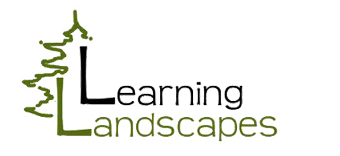Why Natural Learning Landscapes? The Food Story
Natural learning landscapes get our bodies moving, they inspire creativity, instill a connection to nature, connect us to our food and foster mental, physical, and emotional development. Sometimes I take these concepts for granted and wanted to back up and expose some of the roots of the learning landscape tree.
The Seed: Joan Gussow
The food movement has gained steam in recent years with popular authors like Barbara Kingsolver and Michael Pollan. If you trace the this movement back further you find a dedicated nutritionist who is not afraid to ask hard questions. Now in her 80’s, Joan Gussow started her studies as a nutritionist, and not a very popular one. She innately knew that nutrition was not just about nutrients. It was about agriculture, soil, and eating. This wide range thinking went against classic views of nutrition. One of my favorite quotes from a recent Edible Manhattan article on Gussow is below. “In many places we have begun serious dialogues about the corporate malnutrition of our children.” I think the term “corporate malnutrition” is strong and a shocking description of the problem.
The New Growth: A Creative Initiative for Agriculture Based Learning
How do you bring food and gardens to urban students? Children in urban environments can often be more disconnected from food than their urban counterparts, stuck in an asphalt jungle. Under the colorful umbrella of urban agriculture, public art, entertainment and education comes The Truck Farm Project. Their mobile truck garden, planted in the back of a 1986 Dodge Pickup, has been fascinating students in 8 states and counting. I love this creative, simple learning landscape on wheels.
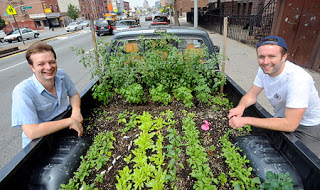 |
||||
| photo from: www.nydailynews.com |
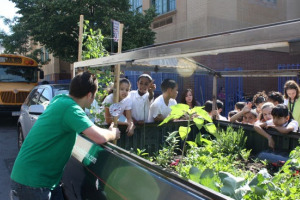 |
| photo from: www.theatlantic.com |
Fertilize Your Project: Funding
I have worked with many educators that get stuck at the idea phase. They know they want to bring about change in the way their students think about food. But, they don’t know how to make that first step. I often start this conversation with a discussion on resources. Every project has its own ecological resources, site resources, and human resources. Leveraging your resources will help you identify the most feasible projects.
Getting somewhere without the all too powerful monetary resource can be a rough road. The Fruit Tree Planting Foundation is an international nonprofit dedicated to planting fruitful trees and plants to alleviate world hunger, combat global warming, strengthen communities, and improve the surrounding air, soil, and water. Their 2011 grant cycle just started. The first 125 qualified applicants will be in the running to win a free orchard, including free community workshops on planting, pruning, and caring for fruit trees. This is a great first step to a community based learning orchard!
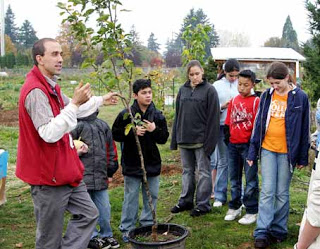 |
| Fruit Tree Planting Foundation has supported the Learning Gardens Laboratory in SE Portland. This collaborative project through Portland State University, The University of Oregon, Portland Parks and Recreation and Portland Public Schools reaches out to students in Southeast Portland with agriculture based education initiatives. photo from: http://eastpdxnews.com |
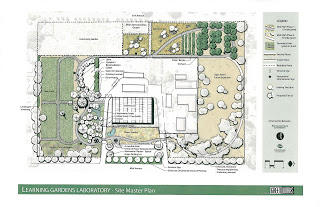 |
| In 2005 Portland State University asked GreenWorks to create this master plan for the site. I worked with professors and graduate students to develop this conceptual site plan. |
I know I have only a few paragraphs worth of time before I lose your attention. (If you have made it this far, thanks for reading.) The topic of food is enormous. These are some of my favorite time tested and new ideas. I would be interested to hear yours!
